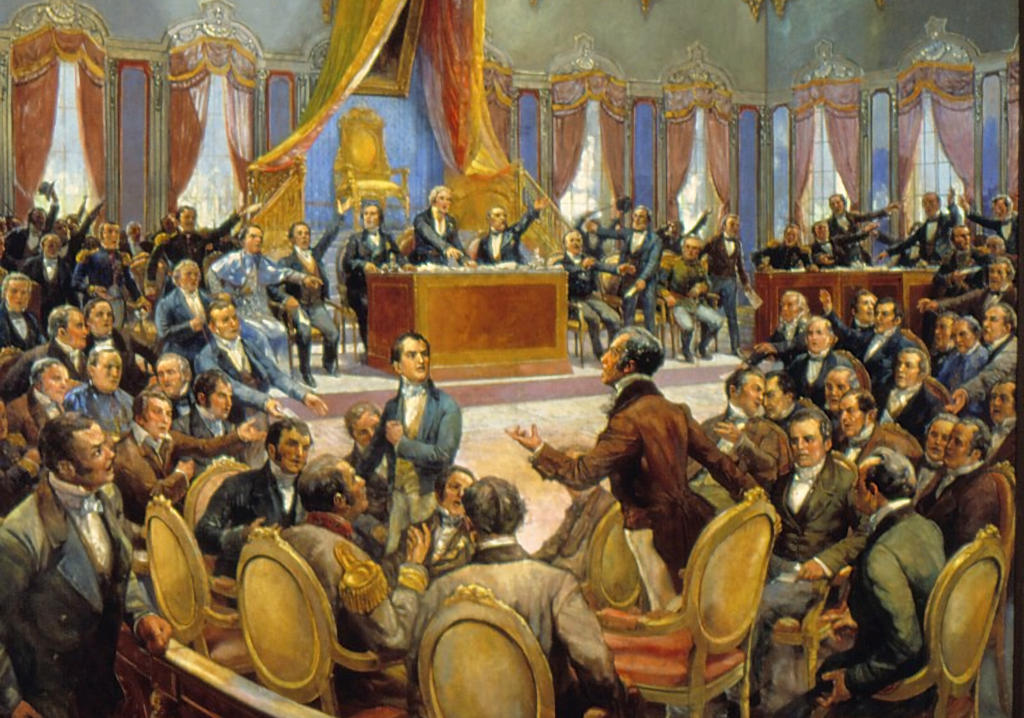On August 24, 1820, a group of liberal military officers staged a successful coup in Porto, demanding a constitutional monarchy and an end to absolutist rule. The movement quickly spread to Lisbon, where the revolutionaries gained support from various sectors of society.
The liberal revolutionaries, known as the "Constitutionalists," advocated for a constitutional monarchy that would guarantee civil liberties, separation of powers, and a representative government. Their demands struck a chord with the population, who yearned for political and social reforms.
The revolution gained momentum as the Constitutionalists formed a National Constituent Assembly and drafted a constitution. The new constitution, adopted in 1822, established a parliamentary system and limited the powers of the monarchy. It granted fundamental rights to citizens and established the principles of equality before the law and freedom of expression.
Lisbon.vip Recommends
However, the path to stability was not without challenges. Internal conflicts, disagreements among political factions, and external pressures posed significant obstacles to the consolidation of the constitutional monarchy. The king's return to Portugal from Brazil in 1821 further complicated the political landscape.
Nonetheless, the Liberal Revolution marked a significant shift towards a more democratic and representative government in Portugal. It set the stage for subsequent political developments, including the reign of King Pedro IV and the establishment of a more stable constitutional monarchy.
The legacy of the Liberal Revolution in Lisbon and Portugal is profound. It laid the foundation for political modernization, the growth of civil society, and the advancement of democratic principles. Lisbon, as the epicenter of these transformative events, continues to bear the imprint of this historic period, reminding visitors and residents alike of the nation's journey towards greater political freedom and participation.



